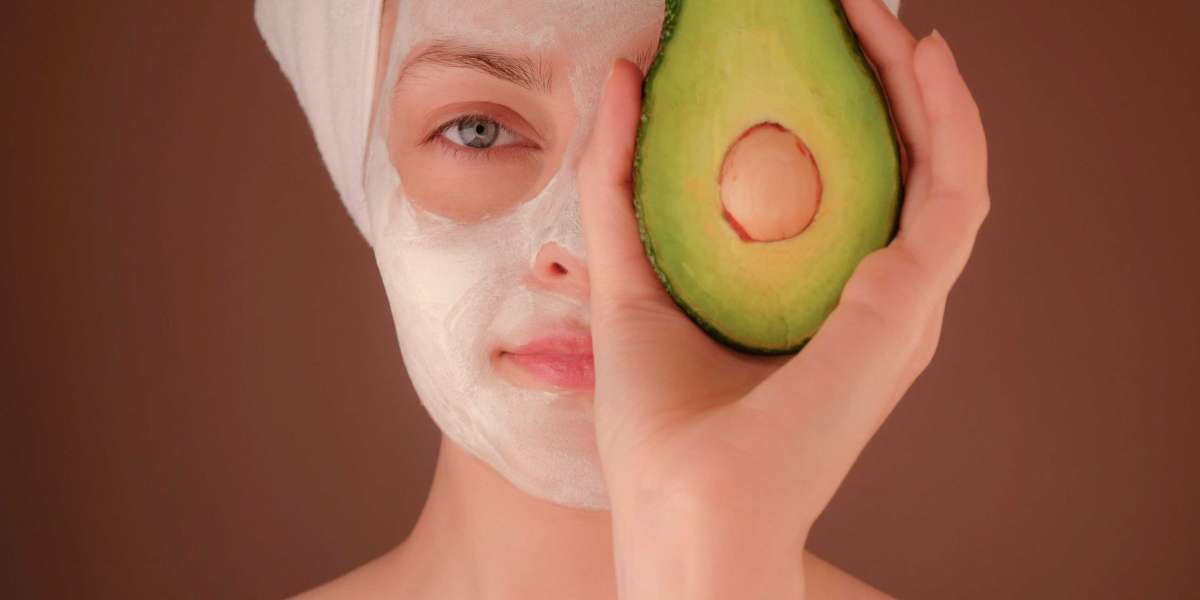Myth: Higher SPF Provides Better Protection
- Fact: SPF (Sun Protection Factor) measures protection against UVB rays, not the level of protection. SPF 30-50 is generally sufficient if applied correctly. Higher SPF numbers do not linearly increase protection.
Myth: Oily Skin Doesn’t Need Moisturizer
- Fact: All skin types, including oily skin, benefit from moisturization. Skipping moisturizer can lead to dehydration, prompting the skin to produce more oil to compensate.
Myth: Natural or Organic Products are Always Better
- Fact: Natural ingredients are not always safer or more effective. Many synthetic ingredients are well-researched, stable, and formulated to specific standards.
Myth: Pores Can Open and Close
- Fact: Pores do not have muscles to open or close. Steaming may temporarily make them appear smaller, but they don’t change size permanently.
Myth: Tanning Clears Acne
- Fact: Sun exposure can temporarily dry out the skin and mask acne, but it damages the skin in the long run, causing premature aging and increasing the risk of skin cancer.
Myth: You Should Feel a Burning Sensation for Products to Work
- Fact: Tingling or burning sensations may indicate irritation. Effective products can work without causing discomfort.
Myth: Acne is Only a Teenager's Problem
- Fact: Acne can affect people of all ages. Hormonal changes, stress, and other factors can contribute to acne in adults.
Myth: Drinking More Water Hydrates Your Skin Directly
- Fact: While hydration is essential, drinking water doesn't directly translate to hydrated skin. Skincare involves external moisturization, and factors like diet and environment also play a role.
Myth: Blackheads are Dirt in Pores
- Fact: Blackheads result from oxidized sebum, not dirt. Cleansing and exfoliation help prevent them, but they are not caused by poor hygiene.
Myth: You Only Need Sunscreen on Sunny Days
- Fact: UV rays are present even on cloudy days. Consistent sunscreen use is crucial to protect against sun damage.
Myth: Skincare Products Can Shrink Pores
- Fact: While some products can minimize the appearance of pores, they can't change their actual size. Genetics largely determine pore size.
Myth: You Don't Need Sunscreen If You Have Dark Skin
- Fact: People with darker skin tones are still at risk of sun damage and skin cancer. Sunscreen is essential for everyone.
Myth: Expensive Products are Always Better
- Fact: The effectiveness of skincare products depends on the formulation and ingredients, not just the price. Some affordable products can be highly effective.
Myth: Scrubbing Will Get Rid of Acne
- Fact: Harsh scrubbing can irritate the skin and worsen acne. Gentle exfoliation is more effective in preventing clogged pores.
Myth: Higher SPF Provides Better Protection
- Technical Detail: SPF measures the amount of UVB radiation protection, not the overall protection against all UV radiation. Higher SPF values provide diminishing returns, as SPF 30 already blocks about 97% of UVB rays.
Myth: Oily Skin Doesn’t Need Moisturizer
- Technical Detail: The lipid content in moisturizers helps create a protective barrier, preventing water loss. Lack of moisturization can disrupt the skin's barrier function, leading to increased trans-epidermal water loss (TEWL) and potentially exacerbating oiliness.
Myth: Natural or Organic Products are Always Better
- Technical Detail: Natural ingredients may contain potent bioactives, but they can also be a source of allergens or irritants. Synthetic ingredients can be precisely formulated, standardized, and undergo rigorous safety testing.
Myth: Pores Can Open and Close
- Technical Detail: Pores lack muscles to expand or contract. "Opening" or "closing" of pores is a misunderstanding. Steaming may temporarily soften debris, but it doesn't alter the actual pore structure.
Myth: Tanning Clears Acne
- Technical Detail: Sun exposure initially dries the skin, masking acne temporarily. However, UV radiation induces inflammation, disrupts the skin barrier, and triggers hyperpigmentation, worsening acne in the long run.
Myth: You Should Feel a Burning Sensation for Products to Work
- Technical Detail: Sensations like burning or tingling can indicate irritation. Effective products can work without causing discomfort, and irritation may compromise the skin barrier.
Myth: Acne is Only a Teenager's Problem
- Technical Detail: Acne can result from various factors, including hormonal fluctuations, genetics, and lifestyle. Hormonal acne in adults is common and often related to imbalances in androgen levels.
Myth: Drinking More Water Hydrates Your Skin Directly
- Technical Detail: While hydration is vital for overall health, water intake alone doesn't directly correlate with skin hydration. Topical moisturizers play a crucial role in maintaining the skin's water content.
Myth: Blackheads are Dirt in Pores
- Technical Detail: Blackheads (open comedones) are caused by the oxidation of sebum, not dirt. Regular cleansing and exfoliation help prevent their formation.
Myth: You Only Need Sunscreen on Sunny Days
- Technical Detail: UV radiation is present even on cloudy days. Broad-spectrum sunscreen protects against both UVA and UVB rays, providing comprehensive sun protection.
Myth: Skincare Products Can Shrink Pores
- Technical Detail: Pore size is genetically determined and influenced by factors like collagen and elastin. While certain products can improve the appearance of pores, they cannot physically alter their size.
Myth: You Don't Need Sunscreen If You Have Dark Skin
- Technical Detail: People with darker skin tones are still susceptible to UV damage and skin cancer. Sunscreen is essential for preventing UV-induced hyperpigmentation and maintaining skin health.
Myth: Expensive Products are Always Better
- Technical Detail: Product effectiveness depends on formulation and active ingredients. Some budget-friendly products may contain efficacious ingredients, emphasizing the importance of ingredient analysis over price.
Myth: Scrubbing Will Get Rid of Acne
- Technical Detail: Harsh physical exfoliation can cause microtears, exacerbate inflammation, and worsen acne. Chemical exfoliants, when used appropriately, can be more effective and gentler on the skin.
Understanding the technical nuances behind these myths is crucial for making informed decisions about skincare. Always consider your skin type, concerns, and consult with a dermatologist for personalized advice.
Understanding these myths can help you make informed decisions about your skincare routine and avoid falling for misconceptions that may not benefit your skin health. Always consider consulting with a dermatologist for personalized advice based on your skin type and concerns.



